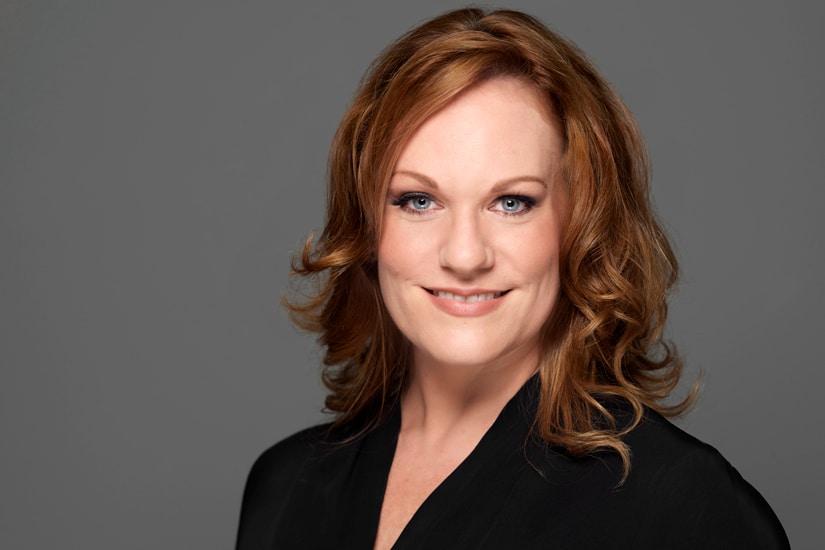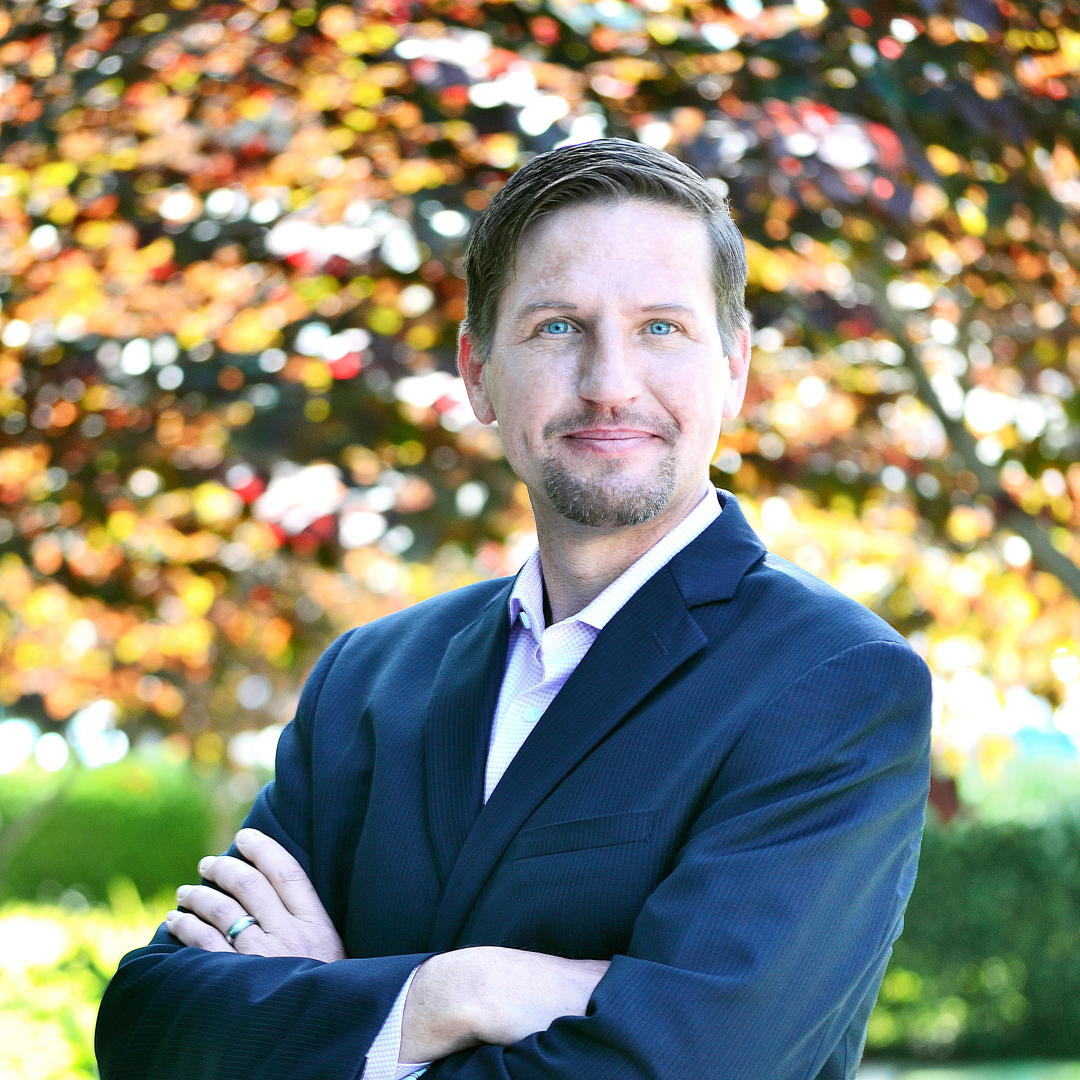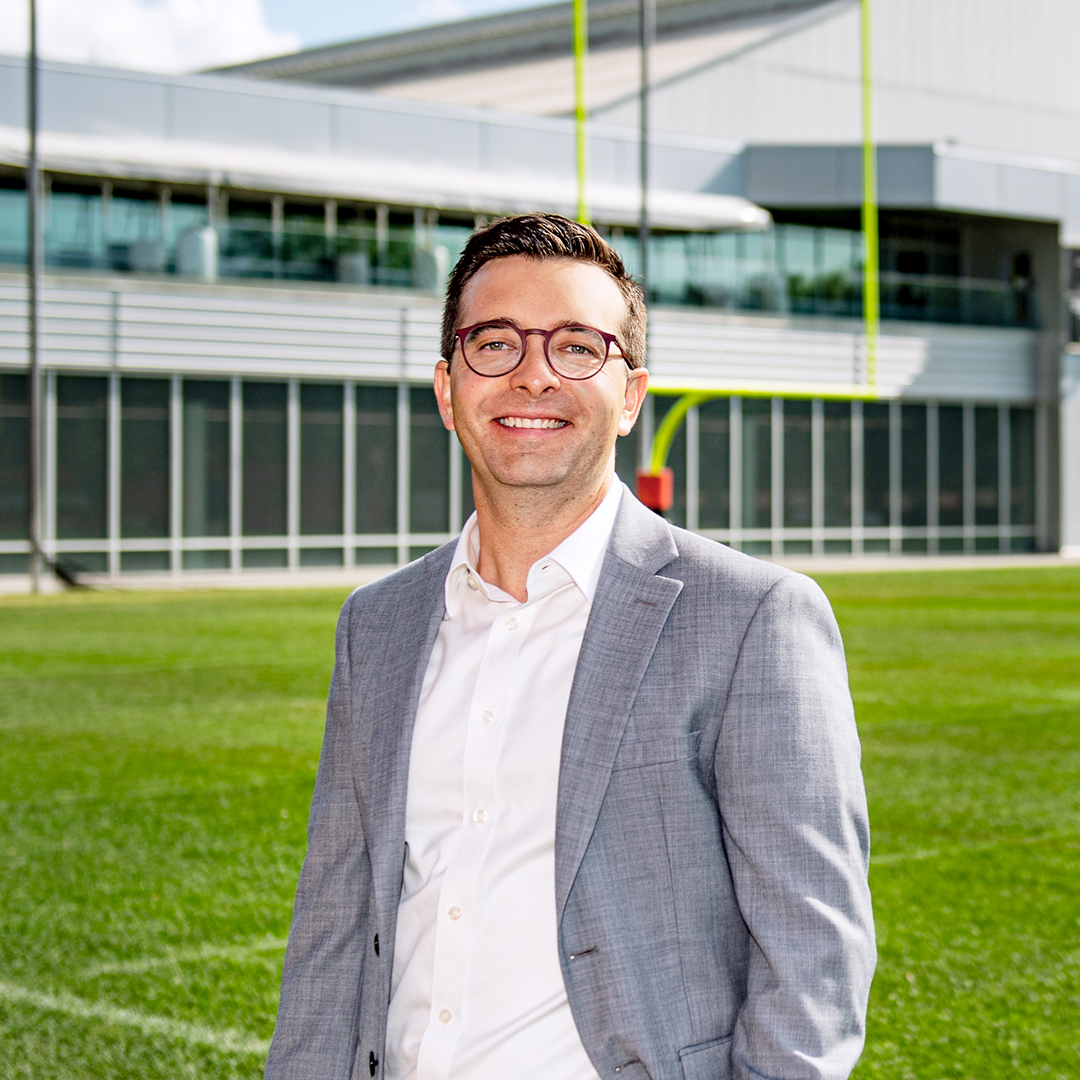Scientists need lawyers. They need someone to act as a legal strong arm, someone to clear the way for them to make real progress. That was the advice from Francis Collins, the then director of the Human Genome Project, that set the tone for Lisa Schroeder’s career.
Growing up in Arkansas with a father who emphasized the value of curiosity, Schroeder had always been passionate about science. A psychology professor, Schroeder’s father had unusual methods of encouraging her to learn. “He brought home a human brain one time,” Schroeder laughs. “It was swimming in formaldehyde, and he just said, ‘You’re going to put on these gloves and examine this!’”

Schroeder earned a bachelor’s in biology from the University of Kansas and even worked in a genetics lab on an undergraduate honors project, but she was never quite satisfied with the work. “After a year and a half of working to characterize a particular fruit fly muscle gene and getting no conclusive results, I realized that I maybe wasn’t patient enough for that kind of work,” Schroeder chuckles. “I needed something a little more immediately gratifying.”
When Schroeder attended Collins’s lecture during her senior year of college, a lightbulb turned on. “It was very conservative where I grew up. I can still remember the outcry from high school classmates when Dolly the sheep was cloned and even about evolution being taught in our school,” Schroeder says. “So, when Collins highlighted how conservative thinking was infiltrating various laws and policies and creating obstacles for scientific progress, that really spoke to me. Before that moment, I had not fully appreciated the extent to which innovators need lawyers.”
After attending the Boston University School of Law and honing her skills in private practice at Lowenstein Sandler and in-house at Mindray North America, Schroeder found her perfect fit as an intellectual property attorney at BASF Corporation, the largest affiliate of the world’s biggest chemical producer.
“I think I like working in the field of intellectual property so much because it’s like a combination of my parents’ passions,” Schroeder says. “It requires extreme attention to detail, which is what my mom was known for as a CPA, as well as my father’s enthusiasm for science and innovation.”
“Obviously that takes a lot of work, but sustainability is something we take very seriously. I’ve seen projects killed because they don’t meet our standards.”
“Lisa has the keen ability to focus in on the important issues and is decisive in formulating creative solutions,” says Robert J. Paradiso, partner at Lowenstein Sandler. “I have experienced firsthand the appreciation and respect that her colleagues at BASF have for her.”
Established more than 150 years ago, BASF is stable and established but has had time to diversify, Schroeder says of the Germany-based chemical giant. “That’s one of the things that really appealed to me initially, the fact that the company touches on so many different industries,” the AGC offers. “I also appreciate how they approach everything with such intention—they’ve had a long time to figure out exactly what works, so the company is very calculated and deliberate in how they structure things.”
Just because the company’s been around for such a long time, Schroeder notes, doesn’t mean it isn’t willing to change. BASF “constantly” assesses how it can change for the better to keep up with the evolving needs of both industry and society. BASF’s new corporate strategy, which includes a renewed focus on customers and innovative sustainability measures, is a major result of those ongoing assessments. BASF strives to create chemistry for a sustainable future by sourcing and producing responsibly, acting as a fair and reliable partner, and connecting creative minds to find the best solutions for market needs.
“That’s when you get a seat at the table, when you get the business to trust you and see that you are empowering them to move forward.”
“Obviously, that takes a lot of work, but sustainability is something we take very seriously. I’ve seen projects killed because they don’t meet our standards,” Schroeder remarks.
To be a conscious driver of that corporate strategy, Schroeder works every day to not be a bottleneck for the workstreams she touches. In her experience, attorneys can hold up corporate efficiency because of their unwillingness to give timely, clear, and effective advice.
“Some attorneys really have made advice-giving a sort of art form,” Schroeder says. “They technically do give advice, but with so many disclaimers that they don’t deliver any real conclusion or meaningful guidance. But we are the experts in our fields, and we should counsel accordingly. We should be able to give clients the practical, on-the-ground advice they need to navigate difficult business decisions.”
At the end of the day, giving constructive advice isn’t just what’s best for the company; it’s also the best option for attorneys themselves. “That’s when you get a seat at the table, when you get the business to trust you and see that you are empowering them to move forward,” Schroeder says. “And if you’re not at that table, you’ll find yourself cleaning up messes instead of preventing them.”


